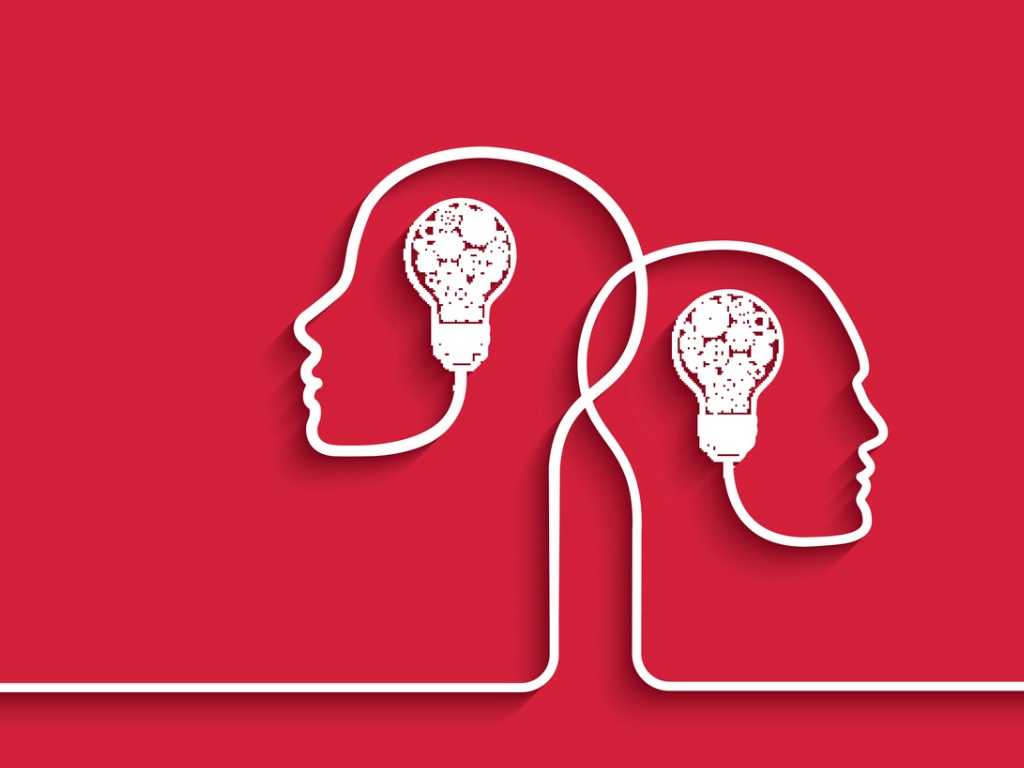
Jason Liem argues that our relevance is determined by reskilling; our ability to learn the needed expertise for the future
A tsunami of change has swept the planet and has rattled the foundation of what we have considered normal. The magnitude of change has left its indelible mark at every level – from the individual up to the societal level. It has awakened anxieties about financial health, job security and direction in life. For some it may even have shaken their sense of purpose. And this is on top of all the other things that have made a continental shift in our lives.
Everyone I know is grappling with the change to the normal rhythms and routines of life. Our plans have been upended and the way forward is unclear. Like all upheavals, it gives us a chance to see the world with fresh eyes.
When unexpected change hits, we all become tourists in our own lives. We begin to see with fresh eyes the things we took for granted. We rediscover the world has endless possibilities, but the limits of our routines have blinded us to this fact. Upheavals force us to take a good, hard look at our lives and to ask, “Where do I want to go from here?”
Moving Forward into the Storm
It takes very little to up-end what we’ve considered to be normal practice. Within weeks, if not days, the rules of the game have shifted if not been outright rewritten. Companies have closed, people have lost their jobs, and industries have collapsed.
This is a big, flashing neon sign of things to come. Most likely the next time it won’t be a virus that slams everything sideways. It’ll be in the form of something we are already anticipating – digitalisation, artificial intelligence, machine learning, robotisation. The writing is on the wall. Many of the career paths and positions of today will be extinct by tomorrow.
Learnability
Never have the skills of learnability, agility and adaptability been so needed. Organisations will come to value these skill sets more and more in their employees. This need is only set to grow in demand. People who have the drive to develop will gain an edge over others. It will increase the likelihood of remaining employable and relevant.
Almost all information is available anywhere and at any time. It only takes a few finger taps on a screen to find an answer. Of course, we need a critical eye to judge the validity of that answer. The truth is expertise and knowledge are not as appreciated as they have been in the past.
What does this mean? In short, what we know is less relevant than what we can learn. Our level of expertise is not that important. Our relevance is determined by our ability to learn the needed expertise for the future.
Where to Begin?
1. Be curious about being curious
A good place to begin is to consider where curiosity draws our attention. It can awaken at any time: through a casual conversation, a magazine article or a podcast. We never know when, where or what can awaken our curiosity.
2. Be open to experience
A few years ago, I took up sketching as a method of focusing my mind in a different way. My first sketches looked like the scratchings of an erratic, brainless monkey. I understood from the get-go that my sketches wouldn’t be pieces of art, but lessons on how I could improve.
Most of us choose to play to our strengths over the awkwardness of trying to learn something new. Learning comes down to how we define it in our heads. Many people who are on the path of learning understand that to succeed you need to sometimes fail. They see failure as a teacher who educates us to adapt our approach. The learner understands that:
- Making mistakes means acquiring insight.
- Floundering means gaining know-how.
- Setbacks teach us how to bounce back.
3. Start with the end in mind
We need to clearly know where we want to go and why we want to get there. In other words, we need a well-defined goal and a purpose for achieving that goal.
The goal is what you want to learn. Your purpose is the reason why you want to achieve that goal. By starting with the end in mind, it becomes so much easier for us to map the way forward.
4. Invest in yourself by investing time
Demanding workloads and deadlines can make it hard to find the time to dedicate to our professional development. At least, that is what many of us tell ourselves. This same narrative gives us the permission to postpone learning. We tell ourselves we can do it tomorrow when things are a bit quieter. Then we tell ourselves the same fabrication the following day.
Ideally, our managers dedicate time to our development and growth. In many cases, managers don’t even have time for their own development let alone develop others. Performance, efficiency and deadlines occupy most of their attentional capacity.
This is one of the reasons we must take ownership for our own growth. If it is important enough to us, we can make the time. A good part of this effort is to do most of the heavy lifting ourselves.
For example, if we actively search for a course we want to take, we can present our manager with the details and how we plan to work it into our schedules. We have not only shown our drive for development, but that we are committed. Of course, this is no guarantee, but it is much better than passively waiting for someone to offer us development. If we do, we might be waiting a long time.
5. Find your intrinsic motivation
Learning is best if it is something you are curious and passionate about. You may have a hobby or sport that you devote time and energy to. Nobody has to pay you to get involved. It triggers an intrinsic drive that is its own reward. If you are reskilling, why not choose a subject or discipline that lights your inner fire? What do you love doing? What are you passionate about?
- At work, what triggers your curiosity?
- And why?
- What would you love to do more of?
- What topic or subject would you like to explore in more depth?
6. Learn from others
Are there roles or responsibilities within your organisation that trigger your curiosity? If so, this might be an area to consider exploring.
If we choose to learn from someone then we need to be open to feedback and suggestions. And that means being able to handle criticism. Often, questions and suggestions from experienced eyes can reveal hidden insights. This in turn fuels the learning process.
7. Let Learning Marinate
As students, we have all come to that point where we have had enough learning for one day. It’s important to pay heed to this feeling and to take a break. It gives time for the lesson to marinate and for our brain to incorporate the new knowledge. This layering strategy helps with retention and recall.
Another helpful tip to cement learning is to talk to someone about our progress. This helps on many levels. When explaining to others, it is clear where our comprehension flows and where it stops up.
8. Challenge yourself to teach others
The first level of learning is to study and understand a concept. The second, or deeper level of learning is the ability to teach others what you know. If others are able to learn from you that is a good indicator that you know your stuff.
I encourage you to set a date and time to teach what you’ve learned to your colleagues. This is a brilliant incentive to make your learning more focused and pragmatic.
9. Ask for and encourage feedback
Learning does not happen in a vacuum. For it to be effective, there needs to be a feedback loop that helps us gauge if we are climbing or if we are sliding.
When in a learning mode, there is the risk of slipping into a subjective bubble and getting lost in the details. This can make it difficult to judge our own progress. Finding someone we trust and respect to give us feedback provides perspective and context to our development.
I find the following 5 questions helpful when gathering focused feedback from others:
- What did I do well?
- What could I improve on?
- What do I need to do more of?
- What do I need to do less of?
- What is one thing I could either eliminate or change to improve things?
In Conclusion
An entire book could be dedicated to the concept of reskilling. This article is simply the opening sentences to a deeper and more substantial conversation that we may need to have.
We all know that the changes we have faced so far in 2020 will not be the last. It is a reminder that disruption will be the new normal and it can show up in many forms. Some of those upheavals we will see coming, but others will come out of the blue.
In all the uncertainty, the one certainty we can count on is that the future will belong to those who literally embody learnability, agility and adaptability.













